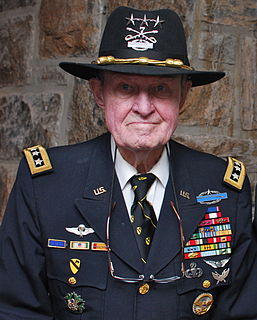A Quote by Franz Kafka
He who does not answer the questions has passed the test.
Related Quotes
I did answer all of the questions put to me today, ... Nothing in my testimony in any way contradicted the strong denials that the president has made to these allegations, and since I have been asked to return and answer some additional questions, I think that it's best that I not answer any questions out here and reserve that to the grand jury.







































